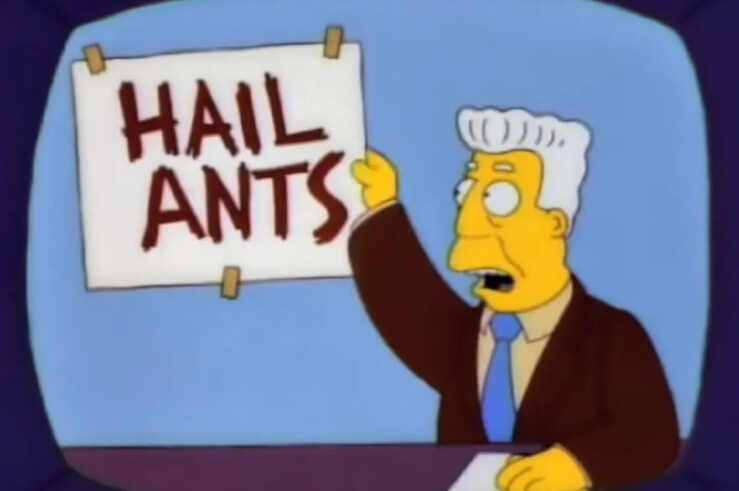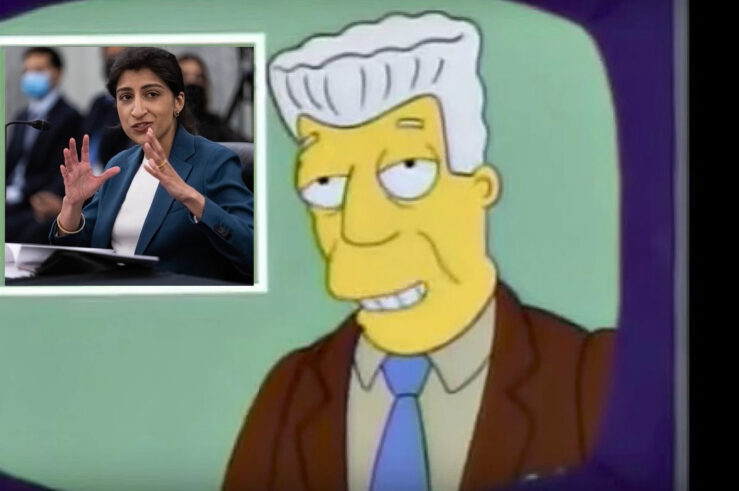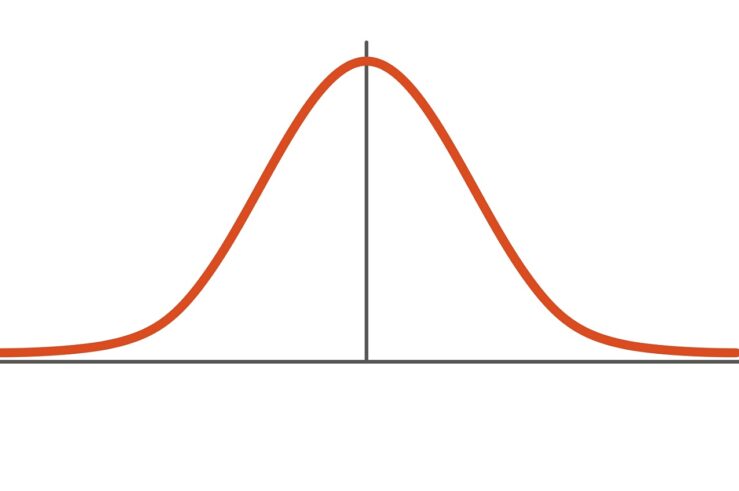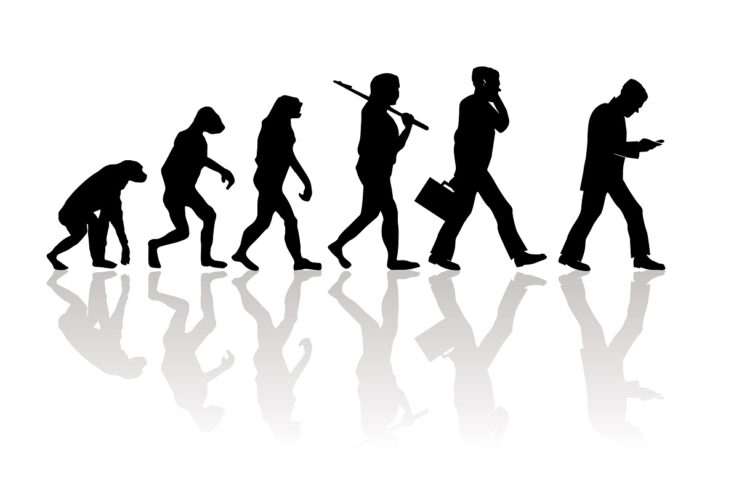Showing archive for: “DOJ”
Shining the Light of Economics on the Google Case
The U.S. Justice Department has presented its evidence in the antitrust case alleging that Google unlawfully maintained a monopoly over “general search services” by “lock[ing] up distribution channels” through “exclusionary agreements” with makers and marketers of devices. Google’s agreements with Apple, for example, have made its search engine the default in Apple’s Safari browser. The ... Shining the Light of Economics on the Google Case
A Response to Gus on Our New FTC Overlords
Gus Hurwitz’s closing post in this symposium was a very cogent and persuasive (albeit overly optimistic) take on the current state of antitrust enforcement. I hesitate to quibble with my intellectual superior, but on some points I have a slightly different take. Gus says that law should be made through legislation or litigation, and obviously ... A Response to Gus on Our New FTC Overlords
I, For One, Welcome Our New FTC Overlords
In this post—the last planned post for this symposium on The FTC’s New Normal (though we will continue to accept unsolicited submissions of responses)—I will offer some summary of the ideas that have been shared here over the past month, before turning to some of my own thoughts. To keep your attention rapt, I will ... I, For One, Welcome Our New FTC Overlords
The Changing Role of Structural Presumption at the Federal Trade Commission
The draft merger guidelines that were released July 19 by the Federal Trade Commission (FTC) and U.S. Justice Department (DOJ) indicate a shift by the agencies toward an overreliance on structural market factors to trigger merger scrutiny. For example, Draft Guideline 1—titled “Mergers Should Not Significantly Increase Concentration in Highly Concentrated Markets”—would lower the bar ... The Changing Role of Structural Presumption at the Federal Trade Commission
Draft Merger Guidelines Do Not ‘Return Antitrust to a Sound Economic and Legal Foundation’ – A Response to Professor Kwoka
In a recently published article in ProMarket, John Kwoka of Northeastern University (who “worked on the draft Merger Guidelines while serving at the Federal Trade Commission as chief economist to the chair in 2022”) asserts that the U.S. Justice Department (DOJ) and Federal Trade Commission’s (FTC) draft merger guidelines aim to improve “deficient merger enforcement” ... Draft Merger Guidelines Do Not ‘Return Antitrust to a Sound Economic and Legal Foundation’ – A Response to Professor Kwoka
Abby Normal, a Flood of Ill-Considered Withdrawals, and the FTC’s Theatre of Listening
What will become of our culture if we forget the classics? Two bits seem salient here, would that either were my own. Dr. Frankenstein: Now, that brain you gave me. Was it Hans Delbruck’s? Igor: … [pause] … No. Dr. Frankenstein: Ah! Very good. Would you mind telling me whose brain I did put in? ... Abby Normal, a Flood of Ill-Considered Withdrawals, and the FTC’s Theatre of Listening
The FTC’s (and DOJ’s) Merger Aversion
There is mounting evidence that both the Federal Trade Commission (FTC) and the U.S. Justice Department’s (DOJ) Antitrust Division (DOJ) are, under their current leadership, hostile to mergers. There are multiple elements to this evidence. Draft Merger Guidelines The recently released draft merger guidelines provide a strong indication of the agencies’ general aversion to mergers. ... The FTC’s (and DOJ’s) Merger Aversion
Abandoning Antitrust Common Sense: The FTC’s New Normal?
This symposium wonders what exactly is “The FTC’s New Normal”? The short answer: scary. The current Federal Trade Commission (FTC) leadership is clear that old U.S. Supreme Court opinions, rather than more recent jurisprudence, are their lodestones for antitrust analysis. This is dramatically illustrated by the draft merger guidelines recently proposed by the FTC and ... Abandoning Antitrust Common Sense: The FTC’s New Normal?
Recent Antitrust and Regulatory Changes Both Unravel the Consensus
Presidential administrations over the last 50 years have pursued widely varying policy goals, but they have agreed—at least, in principle—that policies should be efficient and improve social welfare. Now, the Biden administration is taking steps to unravel that bipartisan consensus. We focus on different policy areas (Dudley on regulation and Sullivan on antitrust) and are ... Recent Antitrust and Regulatory Changes Both Unravel the Consensus
Antitrust at the Agencies Roundup: Take My Default … Please! Edition
I can hardly believe it, but I’ve read that a famous old bit by Henny Youngman has been purged from Florida textbooks, apparently because it was deemed offensive to those who wrote, told, and laughed at the joke. I won’t tell it here, but you can look it up. And if you’re a reader of ... Antitrust at the Agencies Roundup: Take My Default … Please! Edition
The FTC, DOJ, and International Competition Law: Convergence Away From the Consumer Welfare Standard?
In less than two and a half years, the Federal Trade Commission (FTC) and U.S. Justice Department (DOJ) have undone more than two decades of work aimed at moving global competition law toward an economics-friendly consumer welfare standard. In tandem with foreign competition authorities, the U.S. antitrust agencies are now cooperating in an effort to ... The FTC, DOJ, and International Competition Law: Convergence Away From the Consumer Welfare Standard?
The FTC Tacks Into the Gale, Battening No Hatches: Part 1
The Evolution of FTC Antitrust Enforcement – Highlights of Its Origins and Major Trends 1910-1914 – Creation and Launch The election of 1912, which led to the creation of the Federal Trade Commission (FTC), occurred at the apex of the Progressive Era. Since antebellum times, Grover Cleveland had been the only Democrat elected as president. ... The FTC Tacks Into the Gale, Battening No Hatches: Part 1
















